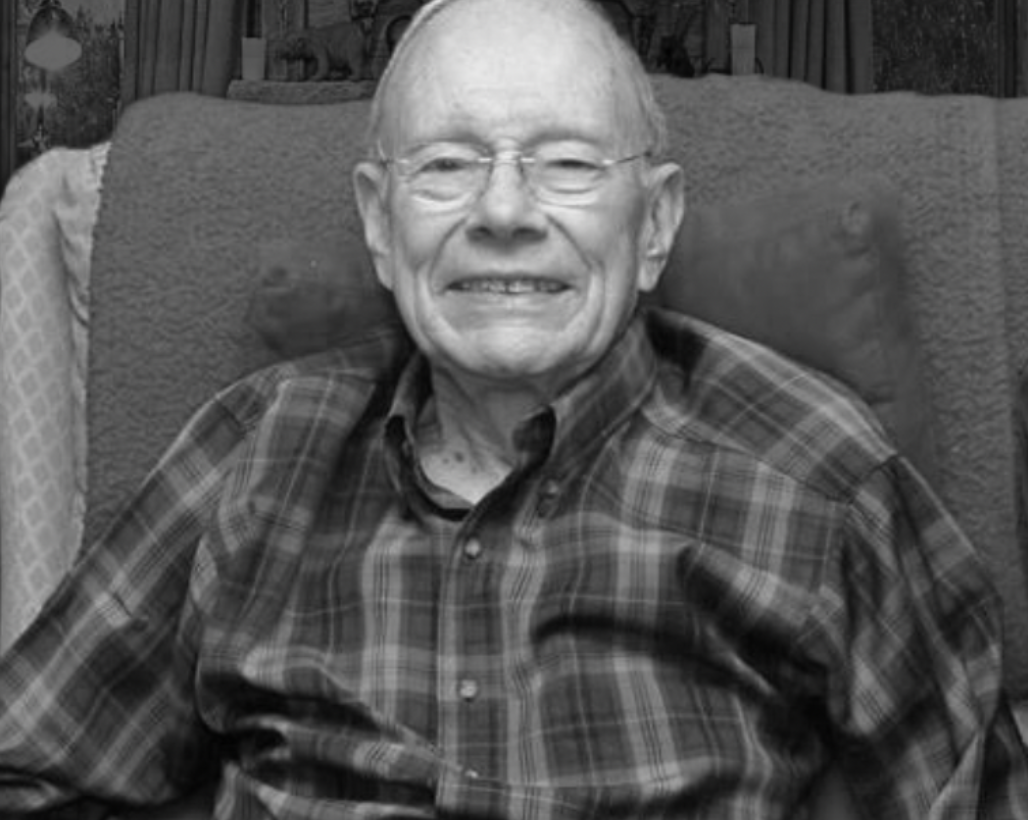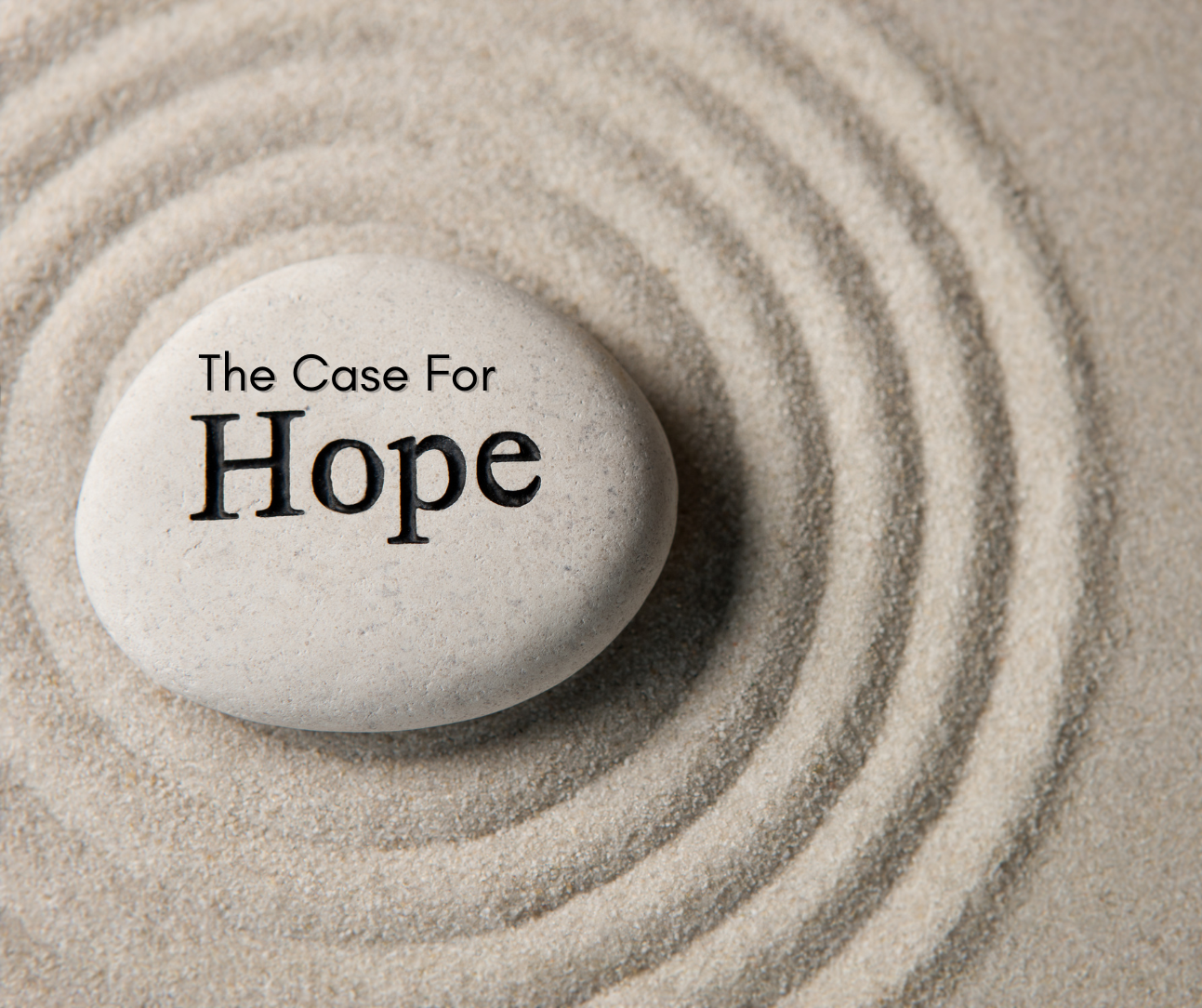
What Dad Might Say About Today’s World - and What We Can Do About It
I often wonder what my dad, “The Real” Scott Westerman might say about today’s political climate.
Perhaps he would start with a reminder: This is a difficult era, but it’s still our responsibility to shape it.

The Home Stretch
I turn 71 on January 13. A recent essay from Pam Erwin Moreton caught my attention. Here’s my take on her observations about an honest look forward.

The Case for Hope
If we consider the discord, the loss, the fragility of the last twelve months, it is easy to feel hollowed out. With all the frightening things happening, the question hangs in the air: What is the case for hope?

The Department of Wonder
Let’s face it. Much of our world today is one big ball of stress. If you have even the tiniest heart, it’s probably hurting. My doc is right. I need more cardio, fewer french fries, and… most importantly a little more awe.

What Jane Goodall Taught Us
One of my favorite images of Jane Goodall places her at the edge of the clearing in the waning light of an equatorial dusk, notebook in hand, heart open, a quiet force of a woman who changed the world without ever surrendering her gentleness.

How to get the job you want — even now
It’s that time of year when the “Job Market is Hell” articles abound. It’s all AI, the resumes written and the avatar bots that do everything from responding to your submission to interviewing you on Zoom. And the silence for applicants is deafening. What do you do?

What Happens Next?
History is filled with hero’s journeys about individuals who used the heat of horrific suffering to forge steely determination to transform pain into immense forward progress. In fact, every powerful life story rests on the foundation of discomfort, setbacks and distress.

The Grace of Relevance
The years beyond seventy can offer the richest canvas for meaning; a time when ambition is no longer mistaken for purpose, when the frantic need to prove oneself yields to the more generous desire to understand.

"The Real Scott Westerman: 100 Years Later
My father, "The Real" Scott Westerman was born 100 years ago today. I often wish I could ask his opinion about the world we are living in. I expect he would say what he always said. "Do good things anyway."

Live each day as if...
Remember the old saying. "Live each day as if it's your last?" Let's flip the script.Live each day as if it were your first.

Friendship Across the Divide
Friendship across the divide isn’t weakness. It’s wisdom. It’s choosing grace over judgment and connection over certainty.

The Father Factor (2025)
Each Father’s Day, I find myself revisiting the lessons my father, “The Real Scott Westerman,” shared. Here are a few...

How badly do you want it?
Manifesting what we desire isn't just about positive thoughts. It's being willing to keep your eye on the prize and going after it when everyone is telling you it's out of reach.

Enjoy The Ride
Sometimes we focus so much on achievement that we lose the joy of the journey. And when that happens, comparison creeps in.


Perspective
Everything is all about perspective. It's a lesson I relearned last summer when I had the opportunity to spend the day on the set of a motion picture.


Show Up. Know Your Stuff. Have and Idea.
Tom Hanks recently shared a piece of advice he received early in his career, for anyone who wants to lead, to serve, and to succeed.

The $10,000 Difference
When Henry Ford's huge River Rouge assembly plant ground to a halt, one brilliant man brought it back to life, by thinking. He charged Ford $10 Grand and the automotive pioneer gladly paid every cent.
